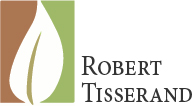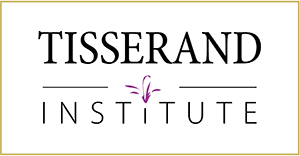ANAHEIM, CA – On Friday March 12, 2010, the Organic Consumers Association (OCA), a watchdog group with over 850,000 members, and The Green Patriot Working Group (GPWG), led by environmental health consumer advocate David Steinman (in cooperation with The Campaign for Safe Cosmetics (CSC), a national coalition of health and environmental groups) announced the details of an agreement from Procter and Gamble (P&G) to reformulate 18 products from its top-selling Herbal Essences brand to reduce levels of the carcinogenic petrochemical 1,4-dioxane. In addition, they announced new results from a continuing study that has tested over 150 consumer products for the toxic chemical, which is a contaminant and therefore not listed on product labels. This year, 20 laundry detergents were tested, including major “natural” and conventional brands. Ironically, the seven laundry detergent brands from P&G had by far the highest levels of 1,4-dioxane overall. The independent third-party laboratory, Exova, known for rigorous testing and chain-of-custody protocols, performed all testing.
P&G’s promise to reformulate its Herbal Essences line follows a notice of intent to file a lawsuit filed by the GPWG against P&G (as well as lawsuits filed by the California Attorney General’s office in June 2008 directed at other manufacturers) for dangerous levels of 1,4-dioxane as established by proposition 65. The OCA, CSC, and GPWG consider cooperation from industry leader P&G (with a 40% share of the hair care market in 2003) to be a significant step forward in the campaign for all brands to remove unnecessary 1,4-dioxane and other carcinogenic and harmful chemicals from consumer products.
1,4-dioxane is generated as a byproduct of ethoxylation, a cheap shortcut used by companies to provide mildness to harsh cleaning ingredients, which requires use of the cancer-causing petrochemical ethylene oxide. 1,4-dioxane is considered a chemical “known to the State of California to cause cancer” under proposition 65, and is also suspected as a kidney toxicant, neurotoxicant and respiratory toxicant, among others, according to the California EPA.
While previous press conferences on this topic have revealed the presence of 1,4-dioxane in personal care and household cleaning products (including products targeted at babies and children) and tracked improvement as certain “natural” and conventional brands reformulated, this year’s press conference will focus on the problem of groundwater and reclaimed water contamination resulting from the toxin’s presence in laundry detergents, and health risks from the chemical’s presence in drinking water. David Steinman is the author of Diet for a Poisoned Planet and formerly represented the public interest on a committee at the National Academy of Sciences.

